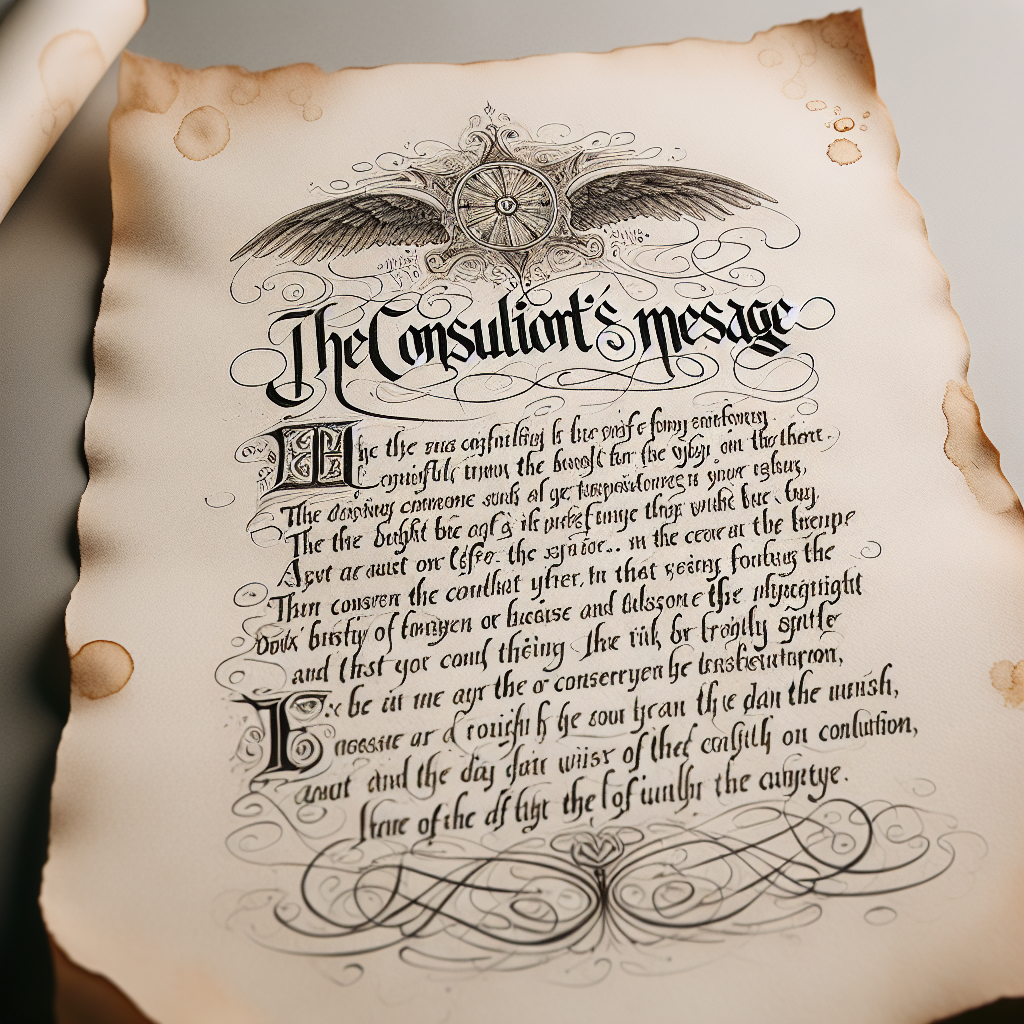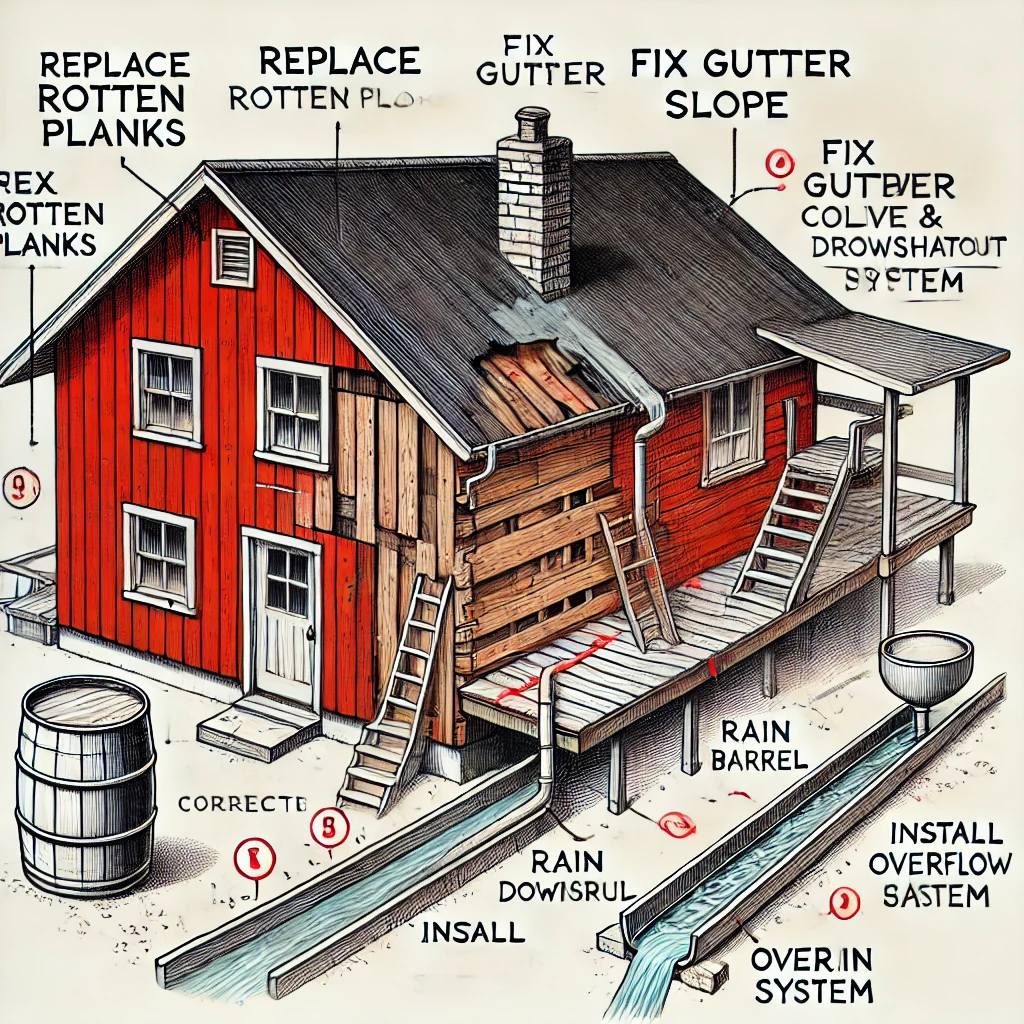
Living Free: The Illusion of Freedom in Today’s Society
by bernt & torsten
In theory, living free sounds like an idyllic way of life. It means making choices without the constraints of external forces, whether it be the government or societal expectations. It means having the power to spend your money as you see fit, without restrictions or limitations. However, this concept of freedom is more of an illusion than a reality for a large percentage of the population, especially in the western world.
Despite the widespread belief in the ideology of personal freedom, at least 60% of the population in the West is anything but free. Their choices are limited regarding housing, work, and even mobility. This is a problem because limitations are antithetical to the freedom we believe in. For example, when someone cannot choose where they live due to limited housing options or an inability to purchase a home, they are not truly free to live as they see fit.
Similarly, when someone is unable to find work due to the increasing threats of AI, automation, and offshoring, their options are limited, and they are not genuinely free to pursue their career goals. This creates an artificial limitation that stifles creativity and innovation, which are essential to a free and prosperous society. And when someone is unable to move around freely due to limited assets and resources, they are not truly free to explore their world and pursue their passions.
These limitations on personal freedom are evident in many parts of the world, and my experience living in a small town has given me insight into the future of personal freedom. Living in a small town means that your options are limited regarding work and housing, and your mobility is often restricted due to limited transportation options. This creates an artificial limitation on personal freedom, so I have gradually shifted from a free-market supporter to a more left-leaning perspective.
The idea of a free market sounds excellent on paper, but in practice, it often leads to monopolies and inequality. The belief that the freer the market, the freer the people is flawed because it assumes that everyone has an equal opportunity to succeed in the market. In reality, the market can be quickly cornered by a few large corporations, which creates an unequal playing field. This was recognized over 130 years ago when monopolies were deemed illegal, and regulations were put in place to protect the freedom of the market.
However, today we face a wealth problem where the top 40% of the population has 95% of the wealth, and the top 10% has three-quarters. This creates a wealth monopoly, and the market responds to the needs of money more than the needs of people. When the top 1% of the country has 3,200% of the purchasing power of the bottom half combined, the market will not respond to the latter group. This creates an artificial limitation on personal freedom because the market is not catering to the needs of the majority of the population.
The belief that hard work and intelligent investing alone can get you to the top is another flawed belief because it assumes everyone has the same opportunities and resources. In reality, some people are born into wealth and privilege, which gives them a head start in life. This creates an unequal playing field, and those who are born into poverty often face numerous obstacles that make it difficult to climb the socioeconomic ladder. This limits their personal freedom and opportunities, which is why we need to create a society that is more equitable.
Factors such as race, gender, socioeconomic status, and access to education and resources all play a significant role in determining an individual’s opportunities and outcomes.
The belief that government is inefficient and corrupt is also flawed because it assumes that the private sector is always better at solving problems. In reality, the private and public sectors have their strengths and weaknesses, and a balance between them is necessary to ensure that society functions effectively. While the private sector may be more efficient in certain areas, such as product development and innovation, the public sector is essential for providing public goods and services, enforcing laws and regulations, and ensuring that the needs of all citizens are met.
This is why artificial limitations on people’s freedom, such as limited housing options, job opportunities, and access to resources, are so detrimental. They only serve to further concentrate wealth and power in the hands of a few, perpetuating a system where the market is free to serve the interests of the wealthy elite rather than the needs of the broader population.
The idea of living free is noble, but it is essential to recognize that true freedom cannot exist in a society where wealth and power are concentrated among a few. We must acknowledge the role of regulation and government intervention in creating a level playing field for all individuals to pursue their happiness and success and work towards dismantling the systems that perpetuate inequality and limit the freedoms of the majority. Only then can we genuinely claim to be living in a free society.

Tech Disillusionment
For four decades, I have worked in the tech industry. I started in the 1980s when computing...

A Poem: The Consultant's Message
On a Friday, cold and gray,
The message came, sharp as steel,
Not from those we...

Using AI to Plan Wall Repair and Gutter Installation
In this article, I will share my experience using AI to plan the work required to fix a wall...